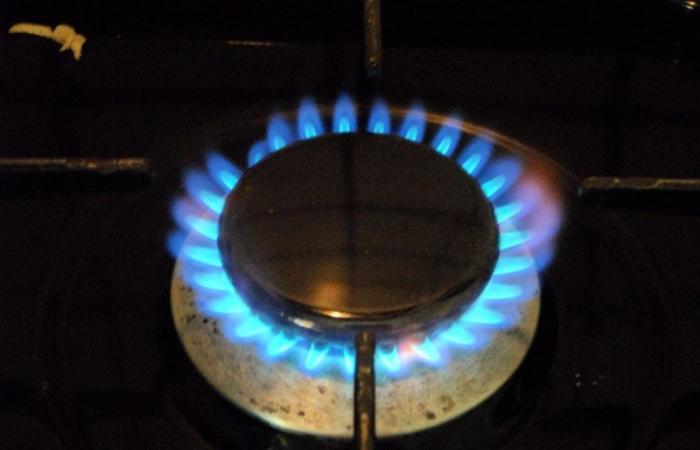Since January 1, 2025, Ukraine has stopped transporting Russian natural gas to the European Union, ending the transit agreement with Gazprom. A decision welcomed by Brussels for its impact on Russian revenues, but which risks weighing heavily on all EU member countries, in particular Slovakia.
A colossal bill for Europe
According to an impact study commissioned by the Slovak government from the main national energy supplier, SPP, this interruption could lead to an increase in gas prices in the German and Dutch reference markets by €10-12 per MWh. The repercussions for Member States would amount to between 40 and 50 billion euros annually in additional costs for gas and 60 to 70 billion euros in increased electricity prices.
Conversely, Russia would only lose 2 billion euros in revenue, while Ukraine itself would suffer a loss of hundreds of millions of euros in transit fees.
A Slovak warning ignored by Brussels
Slovak Prime Minister Robert Fico sent a letter to the presidents of the European Commission and the European Council to express his concern about this “unilateral and unprecedented” decision by Ukraine. He urged European leaders to intervene to avoid “extremely negative” consequences for Europe’s energy security.
However, Brussels appears confident. In a December report, the European Commission said the EU is ready to absorb the loss of 14 billion cubic meters of gas transiting through Ukraine with new infrastructure to import liquefied gas (LNG) from the United States, Norway or Azerbaijan.
Fico criticized this approach, calling the EU’s acceptance of Ukraine’s decision “irresponsible.” According to him, this decision aggravates the economic difficulties of the Member States in favor of an “ideological war against Russia”.
A contrasting situation in Europe
Slovakia is the EU country most affected by this transit disruption, but it is not the only one. Austria and the Czech Republic, which relied heavily on the same pipelines, were forced to turn to the much more expensive American LNG.
On the other hand, Hungary has secured its supply of Russian gas thanks to the Turk Stream gas pipeline, thus mitigating the impact of the Ukrainian decision.
Faced with this situation, Robert Fico spoke of “reciprocal measures” against Ukraine, going so far as to consider stopping Slovak electricity exports to this country if necessary.. “If necessary, we will suspend the electricity supply that Ukraine needs in the event of network outages,” he said.
The prime minister also revealed tense discussions with Ukrainian President Volodymyr Zelensky. The latter would have asked Slovakia to stop paying for gas until the end of the conflict, which Fico described as “absurd”. Zelensky also reportedly offered 500 million euros from frozen Russian assets in exchange for supporting Ukraine’s NATO membership, an offer Fico says he refused.
This crisis highlights the fragilities of the European energy strategy, faced with increasing costs and increased dependence on external suppliers. It also highlights the limits of European solidarity when certain Member States, such as Slovakia, are left to their own devices in the face of major energy challenges.
Photo : DR
[cc] Breizh-info.com, 2025 dispatches free to copy and distribute subject to mention of the original source






